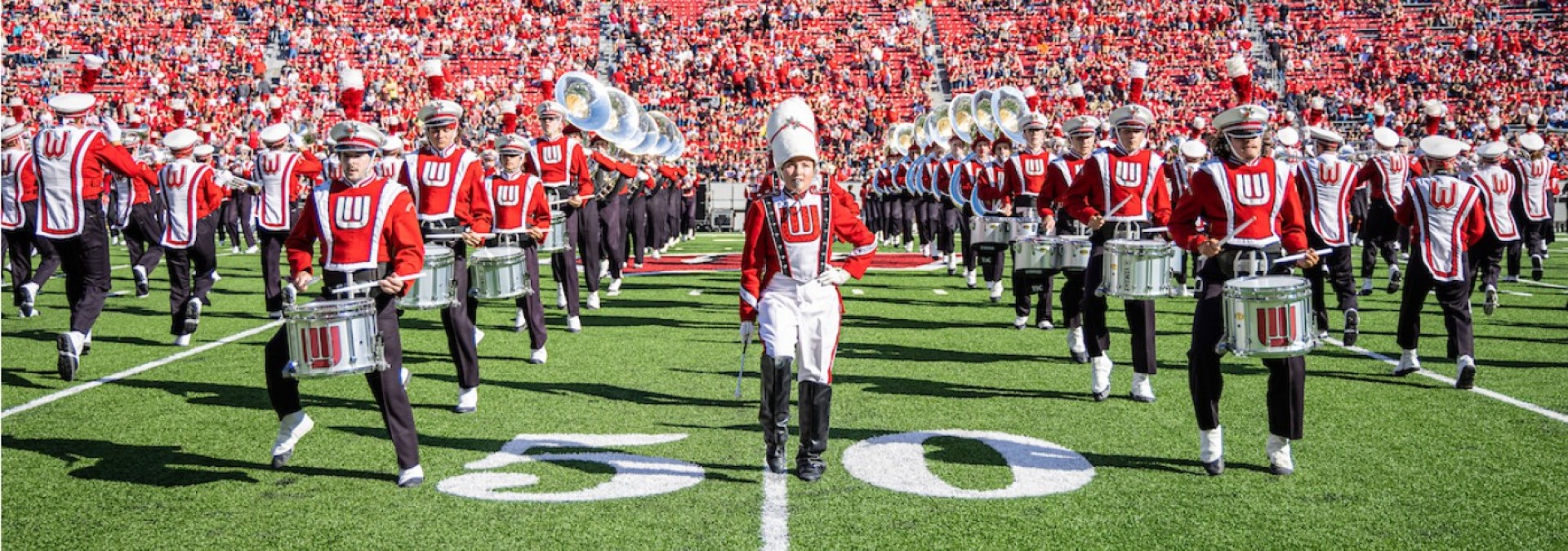It starts with the lights dimming, a hush over the audience, and a single note that floats across the hall. It ends with a donor reaching for a pen. That’s the power of music—and that’s why colleges are willing to pay for it.
Let’s tell the truth nobody else wants to print: Colleges and universities don’t give music scholarships out of charity. They give them out of strategy.
If you’re a high school musician—whether you major in music or not—your talent can open doors. Not because they love your clarinet solo (even if they do), but because your performance can move people with money—and that moves the institution forward.
Understanding the Business of Higher Education
To understand why scholarships exist, you need to understand what a college actually is:
- Public Colleges & Universities: Funded primarily by state governments, these schools offer discounted tuition to in-state students. Their funding comes from taxpayers, and they’re accountable to government boards and lawmakers.
- Private Nonprofit Colleges: Often religious or mission-driven, these institutions are overseen by a board of trustees and rely on tuition, endowments, and donations to operate. They do not exist to make a profit but to sustain their mission.
- Private For-Profit Colleges: Run like businesses, these are owned by individuals, companies, or investment groups. Their priority is profitability, and tuition is their lifeline.
No matter which category they fall into, all colleges compete for students, funding, and especially—donations.
College is Big Business in America
Endowment Fund Rankings
Harvard University – $51.9 Billion
Yale University – $41.4 Billion
Stanford University – $37.6 Billion
Princeton University – $34.2 Billion
Massachusetts Institute of Technology – $24.5 Billion
University of Pennsylvania – $22.3 Billion
University of Notre Dame – $17.8 Billion
Columbia University – $14.8 Billion
Northwestern University – $14.2 Billion
Johns Hopkins University – $13.2 Billion
Duke University – $11.9 Billion
Vanderbilt University – $10.2 Billion
What Is an Endowment—and Why Does It Matter?
An endowment is a pool of money gifted to a school by donors, invested for long-term stability. Picture it like a permanent financial engine: Harvard’s endowment, for example, exceeds $50 billion and helps cover scholarships, faculty salaries, and even heating buildings.
Endowments:
- Fund scholarships
- Keep tuition stable
- Support academic programs
- Attract top faculty
- Allow schools to plan for decades, not just semesters
A large, healthy endowment makes a college strong, secure, and competitive. So the bigger the endowment, the more powerful the institution. That’s why administrations will go to great lengths—really great lengths—to grow it.
Why the Christmas Concert Is the Real Fundraising Finale
If there’s one night that carries the weight of a university’s artistic, emotional, and financial hopes—it’s the Christmas concert. It’s not just tradition. It’s strategy.
Think about it:
- It’s the end of the calendar year, when philanthropists are looking for tax-deductible donations
- It’s the season of giving, when hearts are open and checkbooks are too
- It’s a time when the arts shine, and people expect beauty, meaning, and inspiration
- And most importantly—it’s when the most loyal and generous donors are personally invited by university leadership to be wowed
This is the night that brings out the president, the chairman of the board, the wealthiest alumni, and the institutional advancement staff. And the success of that night—the emotion in the room, the impact of the music—directly affects the amount of money the school will raise.
That’s why conductors are under pressure. They know the audience isn’t just filled with family and faculty—it’s filled with decision-makers and donors. That’s why students are expected to rise to the occasion. And that’s why institutional scholarships are offered to secure the talent needed to deliver something unforgettable.
So yes—your December solo, your horn line in “Carol of the Bells,” your soprano part in “O Holy Night”—it could be the difference between a $10,000 gift and a $100,000 endowment pledge.
Why Music Institutional Scholarships Are a Smart Investment for the College
If you walk this logic backwards, here’s what you’ll see:
- Colleges want to grow their endowments.
- Big donations come from high-level performances.
- High-level performances come from outstanding ensembles.
- Outstanding ensembles are built with talented students.
- Talented students are recruited with scholarship dollars.
That’s Where You Come In
Whether you’re a music major or not, if your presence in a choir, wind ensemble, or jazz group helps the school create a performance that moves donors—you’re worth investing in.
You’re not just being handed free money. You’re trading your talent for an institution’s future financial health.
And yes—if you perform at a higher level than a music major, they may cut that major’s funding and give it to you instead. It’s not personal. It’s business.
Why Music Majors Often Receive More
That said, music majors do tend to get larger institutional scholarships. Why?
- Commit to multiple ensembles
- Take private lessons (and improve faster)
- Serve as section leaders, concertmasters, drum majors
- Remain deeply involved in the department for four years
- Build program prestige through competitions, recitals, and portfolios
But even if you never major in music, your audition, your preparation, and your dedication can earn you serious money—especially if you:
- Play a high-need instrument (tuba, euphonium, bassoon, oboe)
- Sing bass in choir
- Take private lessons
- Made All-State or regional honor ensembles
- Can help anchor an ensemble to the performance level donors expect
Final Thought: This Is a Trade. Make It Count.
If you’ve ever sat in the last chair at a rehearsal wondering if it all matters—know this: It does.
If you’ve ever stayed after school to run scales or dragged your horn to a private lesson on a Saturday morning or led your section even when no one else showed up—you’ve been preparing for more than music.
You’ve been preparing to become valuable. To become fundable. To become the kind of student institutions want on their stage—because that stage raises money.
That clarity bears repeating, because it's the foundation of how institutional scholarships work: when a school gives you a scholarship for music, they’re not doing you a favor. They’re offering you a trade.
You give them sound. They give you savings.
You help build their next performance—and they hope that performance builds their next building.
In that moment, your artistry isn't just inspiring—it's instrumental to the school’s financial future.
So here’s the truth: Yes, there is scholarship money out there. Yes, it’s business. And yes—you can be the one they invest in.
But only if you do the work to get their attention. Start building your audition resume now.


.png) ARTICLE GLOSSARY
ARTICLE GLOSSARY

.png)
.png)


.jpg)
.jpg)

.jpg)

.png)




.jpg)
.png)










.jpg)



.jpg)
.jpg)
.jpg)
.jpg)
.jpg)

.png)
.png)

